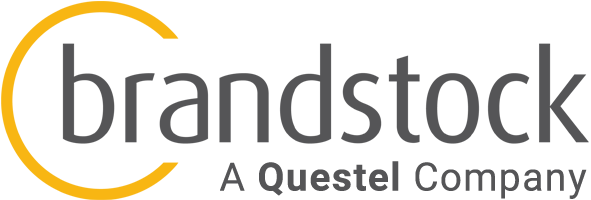By Volker Spitz, Chief Executive Officer, Brandstock
Mergers and acquisitions of companies that involve a large volume of intellectual property, especially when spanning multiple countries, will often lead to unforeseen costs and can amount to as much as 30% of the entire IP project budget.These costs are unforeseen because the key people involved in the merger or acquisition are simply unaware of them, do not know how to handle them, or mistakenly expect their support professionals to simply take care of them.
In the past 10 years, we have saved companies such as GlaxoSmithKline, American Express, BASF, Motorola, Kraft, Mondelez, Shell and Bacardi millions of dollars by identifying and mitigating potential IP related costs. If you are going through a merger or acquisition, be sure to pay attention to these costs and if possible implement an effective cost reduction strategy.
Note: A lot of these unexpected costs appear to be simple and therefore are overlooked.
Yet, overlooking some of these “simple” costs can end up blowing your entire IP budget.
Transfer with Renewals:
Merging companies often do not realize the implications of waiting to transfer trademarks. One common approach is to wait to file the ownership change along with the renewal. The thought is this will save money by combining the tasks. Nothing can be further from the truth. Official and agent fees will still have to be paid to file the changes on top of your usual renewal fee. Rather than benefit from the economies of scale savings possible in a project, you are paying for one-off changes per trademark. Not to mention the possible complications in countries where you often have ongoing litigation, are actively filing new applications or face Customs issues regularly. In the long run it will cost you at least twice as much to do it this way.
Document Legalization:
Legalization costs may vary based on the country you are transacting business and can be quite expensive based on the number of documents required. For instance legalization costs in the UAE amount to 800 EUR per document. In a complex project, one client spent over 80,000 EUR on document legalization, just in the UAE. It is important that costs like these are identified at the time the IP transfer project is being negotiated.
“All-or-Nothing” Countries:
Making sure you know the rules of engagement in each country you do business with is important. For instance, there are countries where you cannot just file a merger or name change for a single mark or patent. You have to file this for all marks or patents in the name of the entity. This can drive you costs way up! Be sure to know these countries when planning your budget.
Associated Trademarks:
Some countries require you to assign all “similar” trademarks together, even if you are no longer interested in them. This can throw a wrench in your budget if you expected to drop a number of marks that are associated with the ones you wanted to keep. Be sure to know which countries have the associated trademark designation as not to be caught off guard.
Translation Costs:
The documents required for registering such changes in ownership are often long. When merging or acquiring companies have IP across many language barriers, the documents required to file the changes at the various local PTOs can be very costly and time consuming. By anticipating this need prior to the work, protocols and templates can be put in place to address these issues. If handled properly, it could save the company tens of thousands of dollars.
Your in-house costs:
The paralegals working for you are hired because they already have an existing job to do. They do not have regular and routine experience coordinating worldwide transfer or assignment projects. Even if they do, projects of this nature will consume their time, and they will end up not doing what they were originally hired to do— often for more than just a few months. The bulk of the work comes in the first 12-18 months of a project, but some IP assignment projects can take up to 10 years to be completed.
Incorrect Ownership:
In case a portfolio has gone through many changes and many older chains of title are not up-to-date, those issues will need to be addressed. Ignoring them will result in office actions or rejections at the PTOs. Companies sometimes spend an amount of up to 30% of their initial budget on portfolio “clean up.” This can be avoided by filing changes when they occur.
Late Filing Fees:
Not all countries have the same time window to file. Some have a window as big as three months, and others like Syria have only two weeks. The PTOs in these countries charge fines, which often compound the longer you wait. Be sure to know the time window of each country in your portfolio to avoid another potential cost.
Not Assigning IP:
A company’s IP assets are incredibly valuable and it is baffling that some executives would even consider gambling with them by deciding not to assign the IP during a merger or acquisition. The business loss and cost to reclaim a lost trademark in any country can be tremendous. Up to 80% of a company’s value lies within its IP. Missing the chance to assign IP due to neglect, lack of focus, or lack of perceived priorities can be the beginning of the end of a company’s IP department budget or new venture.
There are certain formalities when dealing with mergers, acquisitions or even simple name change projects. Any misstep could be costly, possibly resulting in losing the company trademark or patent. The costs mentioned in this article are some of the most overlooked. Yet, when taking into account the volume of the IP needing to be assigned, may end up sinking your budget. Working diligently to counteract these costs with your legal team and trusted partners can help your company save time and money. We recommend you discuss these costs with your team to ensure they are properly addressed and mitigated.
Hopefully this article helps bring attention to these potential cost blunders and thus you will be able to prepare accordingly!
More info? Please write to recordals@brandstock.com.



























